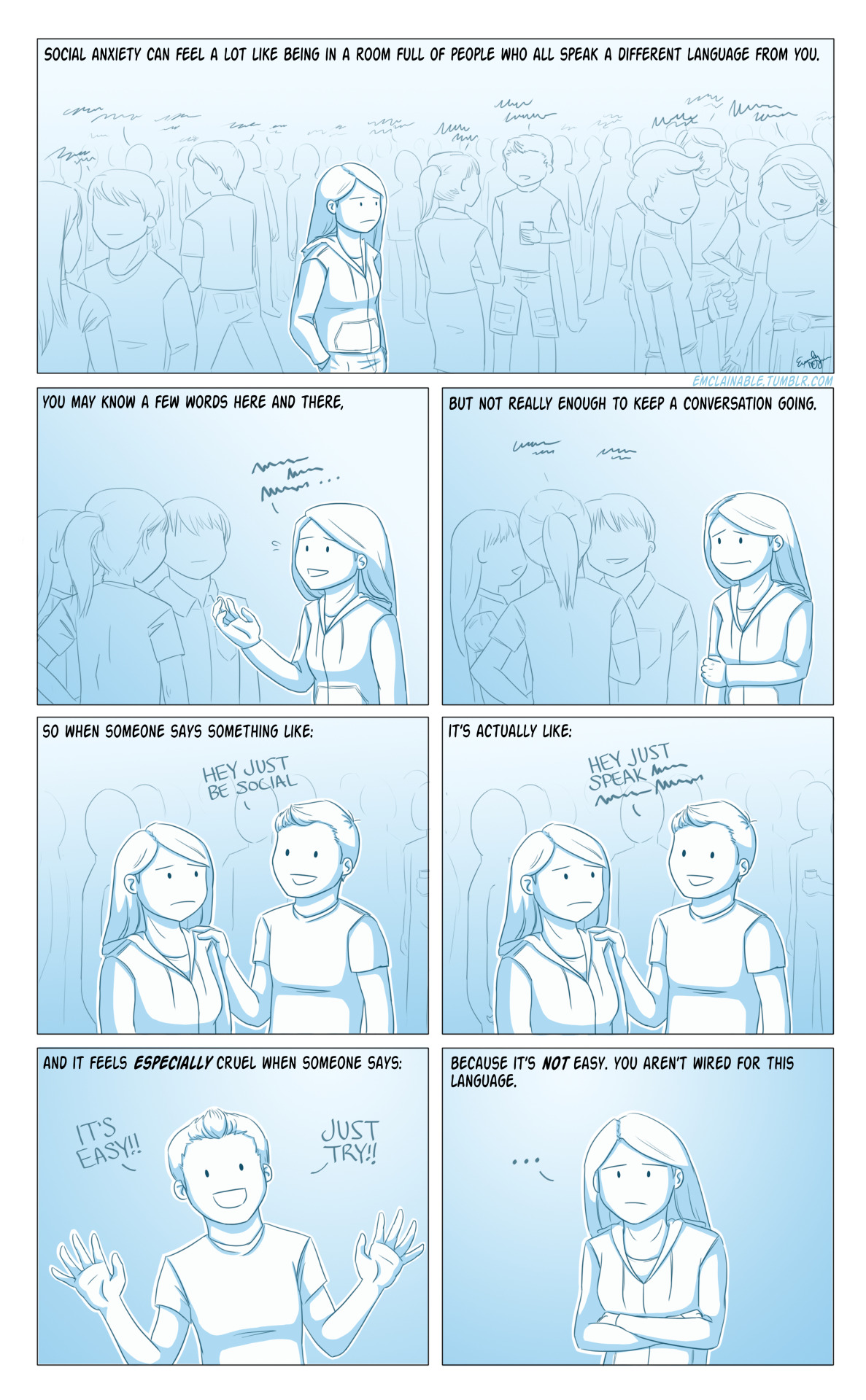Quality of life is worse if you have social anxiety
Quality of life measures provide clinicians with information about their client’s “real life”. What do I mean by mean by “real life”? This includes topics like health, self-esteem, goals and values, money, work, hobbies, learning, creativity, love, friends, family, community, etc. People are asked to subjectively assess how satisfied they are with these various categories. Study after study has shown that living with an anxiety disorder can have a significant negative impact in all of these areas. It is important for effective therapy to consider the broader implications of a disorder, rather than focus purely on the specific symptoms.
The World Congress of CBT
At the 7th World Congress of CBT I attended a symposium called “Quality of Life and Anxiety Disorders”. The presenters included leading authorities in CBT, such as Lars-Göran Öst (Sweden), Lisa Liberman (Chile) Ron Rapee (Australia) and Thomas Ollendick (Virginia, USA). I was very impressed with the talks. Several of these researchers are investigating complex topics. As we all know, life is chaotic and complicated, and when we have a better understanding of the intricacies of anxiety disorders we will be be able to devise better treatments.

The cultural component of social anxiety
As a social anxiety researcher, one study that I found particularly interesting was conducted by Professor Öst of Stockholm University. He compared a group of social anxious individuals from the USA with a similar group from Sweden. He found that social anxiety interfered more with people’s real lives in America.
I asked Professor Öst to speculate on why he thought this might be the case. He hypothesized that it is likely cultural. Being an introvert is perhaps more consistent with Swedish culture. On the other hand, American culture may place a higher value on outgoing personality types. This is not to say that socially anxious individuals do not suffer in Sweden; it is simply saying that there is a cultural component to anxiety disorders that we should consider. Professor Rapee added that similar findings have been found in studies comparing Asian cultures with Western cultures.
The good news for Americans with social anxiety is that there are effective treatments, and these treatments are known to improve overall quality of life. Perhaps this why we are seeing such a strong interest from the US in seeking online treatment with AI-Therapy’s social anxiety program.

Fjola Helgadottir, PhD, MClinPsych, is a clinical psychologist, a senior research clinician at the University of Oxford, and is a co-creator of AI-Therapy.com, an online CBT treatment program for overcoming social anxiety


